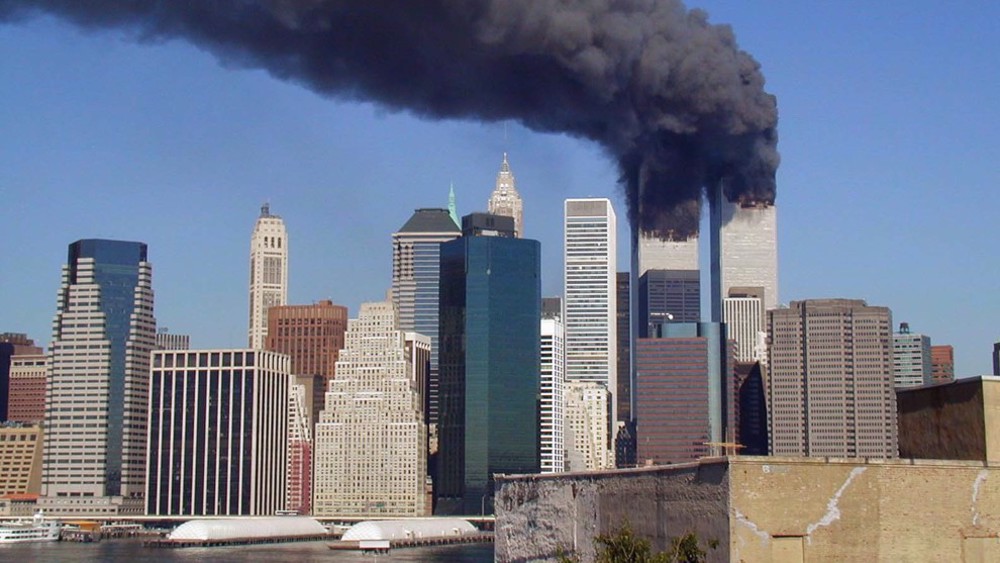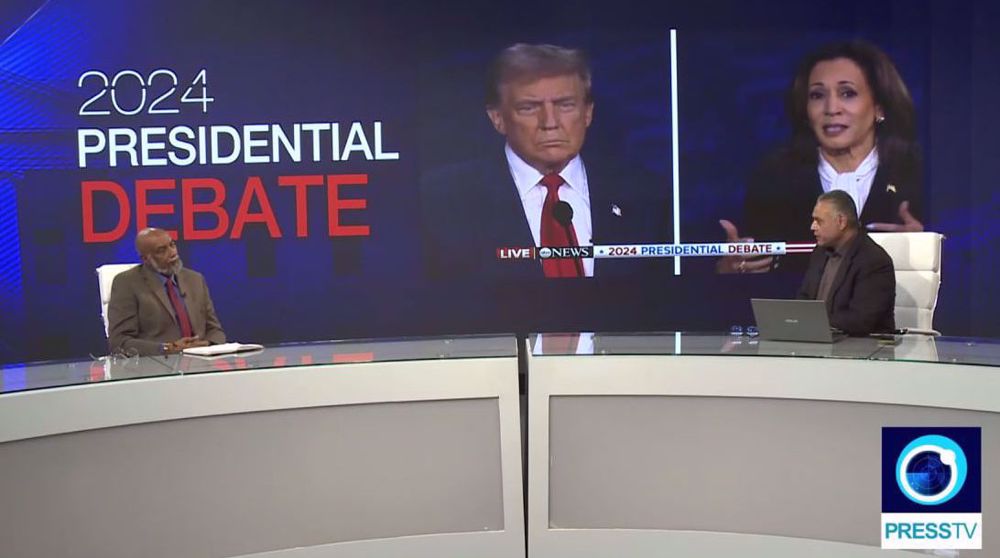US directly involved in Yemen war: Analyst
Press TV has conducted an interview with Don DeBar, a radio host, journalist and political activist, about the use of US-made weapons in the Saudi attacks in Yemen, including in a March attack on a market in Sana’a that killed at least 97 civilians.
The following is a rough transcription of the interview.
Press TV: How do you feel about this call for the US to stop selling arms to the Saudis?
DeBar: Well, let’s see. What do you have going on? First, you have these massive arms contracts that have been going on with the Saudis for many years. When I was preparing for this interview, I took a look at some of the arms sales and I saw one article in Haaretz in 2010 talking about a 60-billion-dollar purchase. So, there’s a huge volume of arms that have been sold above board by the US to the Saudis.
In addition to that, you have the actual use of these weapons. For example, in Yemen, the targeting of various victims of the Saudi bombing campaign — more than a year old now — requires targeting from the US directly.
So, even though the arms sales enable the Saudis to do what they’re doing, the US is actually involved in the target identification and acquisition aspect, and so they are directly involved as well.
That’s sort of analogous to all of the other arms sales by the US to the Saudis, for example if you look at the fact that Daesh and some of the other terrorist groups operating in Iraq and in Syria end up with US arms, well, a lot of those, you can bet, were sold to the Saudis and delivered by the Saudis along with training and pay to those terrorist groups.
Press TV: Where does this leave the US’s moral stance when it comes to these things? Both the US and the UK have said that they look into arms sales and they’re sure that these arms are not used illegally, but certainly many of the arms that the Saudis are using are legally banned anyways around the world?
DeBar: Well, they were going to look into the source of the fleet of Toyotas that Daesh paraded in around in two years, I guess now, and they haven’t come up with that yet. Now if you park your car on the streets of New York City and NYPD had to find it, they could find it in a heartbeat, but a fleet of SUVs in the middle of a desert, they’re not able to identify. I’m assuming they’re going to have the same problems with the weapons.
Press TV: And so, where do we go from here? Do you think that at some point, for the future, for now essentially, arms and sales and making money will always supersede human rights?
DeBar: I mean that’s a matter of choice both in terms of the elites making the choices and the peoples in various countries like the United States who make the choice not to stop that from happening.
You have a condition where even Amnesty or rather Human Rights Watch has to condemn what’s happening between the US and Saudi Arabia. Human Rights Watch has actually been demonstrated to be more or less an arm of the US State Department. The thing that’s being discussed is such an open secret outside the United States that they have to have to have some mechanism for addressing it. And so that’s what’s happening here. But everyone else in the world knows what’s going on. Russia, Iran and others have shown in Syria quite clearly for example that the US was not interested in fighting Daesh.
There are other aspects of that: Turkey’s relationship, Saudis’ relationship to these terrorists, that’s out there now. And so, even the official arms of the US government and the unofficial partners are admitting what’s happened that everyone else knows.
VIDEO | Press TV's news headlines
Iranian satellites launched into space as private sector debuts in space industry
VIDEO | Iran, Azerbaijan conduct joint maritime rescue operations
VIDEO | Yemen’s Red Sea divide: Naval forces block Israeli-linked ships in strategic ‘parting of the water’
VIDEO | Southern Gaza: Israel’s facade for famine and suffering
VIDEO | IOF hampering humanitarian aid
VIDEO | Sharmahd: Justice Done
Iran repeatedly warned Israel not to test its will: FM













 This makes it easy to access the Press TV website
This makes it easy to access the Press TV website